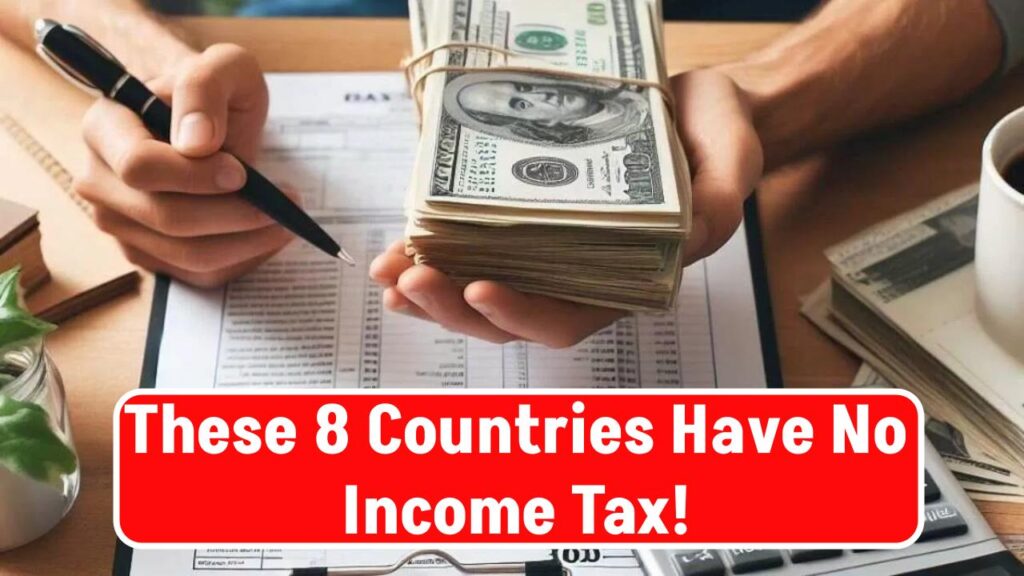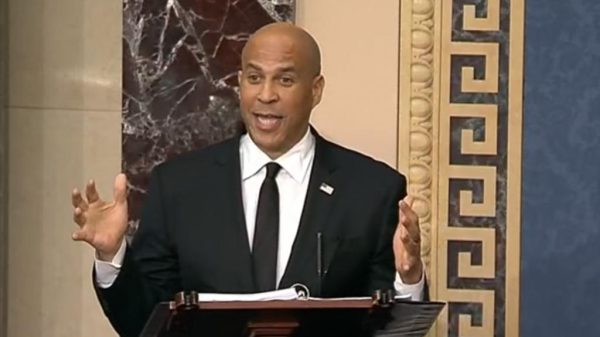
Have you ever dreamed of earning a salary without worrying about income tax deductions? Several countries around the world offer exactly that—zero personal income tax. Whether you’re an entrepreneur, a digital nomad, or simply someone seeking to maximize your earnings, relocating to one of these tax-free nations can be an attractive option.
In this detailed guide, we’ll explore 8 countries that have no personal income tax, break down how they manage to sustain their economies without taxing residents’ income, and provide practical insights to help you decide if moving to a tax-free nation is right for you.
Want to Earn Tax-Free
| Country | Personal Income Tax Rate | Main Revenue Source | Cost of Living | Official Resource |
|---|---|---|---|---|
| Bahamas | 0% | Tourism, Offshore Services | Moderate to High | Bahamas Ministry of Finance |
| United Arab Emirates | 0% | Oil, Corporate Taxes in Specific Sectors | Moderate | UAE Ministry of Finance |
| Cayman Islands | 0% | Financial Services, Trade Tariffs | High | Cayman Islands Government |
| Monaco | 0% (except French citizens) | Tourism, Real Estate, VAT | Very High | Monaco Government |
| Bermuda | 0% | Payroll Taxes, Import Duties | Very High | Bermuda Government |
| St. Kitts and Nevis | 0% | Citizenship by Investment, Tourism | Moderate | St. Kitts & Nevis Government |
| Qatar | 0% | Oil, Gas, Corporate Tax for Foreign Entities | Moderate | Qatar Ministry of Finance |
| Kuwait | 0% | Oil Revenue | Moderate | Kuwait Government Portal |
Choosing to live in a tax-free country can significantly increase your take-home income. Whether you’re an entrepreneur, investor, or remote worker, these nations offer appealing financial advantages. However, understanding the hidden costs, residency rules, and lifestyle factors is crucial before making a move.
For further information, always refer to official government portals and consult tax professionals to ensure compliance with international tax laws.
Also Check: $675 Property Tax Rebate Announced in Montana – Check Eligibility and Payout Date
Why Do These Countries Have No Income Tax?
These income-tax-free nations operate on revenue sources other than personal taxation. Typically, their wealth stems from:
- Natural resources like oil and gas (UAE, Kuwait, Qatar)
- Tourism and offshore banking services (Bahamas, Cayman Islands, Monaco)
- Import duties, corporate taxes, and service fees
These countries strategically leverage their natural advantages and global positioning to offset the need for income taxes, attracting skilled professionals and investors worldwide.
The 8 Income Tax-Free Countries Explained
1. Bahamas: A Tax-Free Caribbean Paradise
The Bahamas imposes no taxes on personal income, capital gains, inheritance, or gifts. Instead, the country generates revenue through tourism, offshore financial services, and import duties.
Example: A professional working remotely from the Bahamas can keep 100% of their salary, with no deductions for income tax.
However, keep in mind the cost of living, particularly in Nassau, is relatively high due to the nation’s dependency on imports.
2. United Arab Emirates (UAE): A Hub for Expats
The UAE has long been known for its zero personal income tax policy, making it one of the top choices for expats and business professionals. While corporate tax (9%) was introduced in 2023 for certain sectors, individuals remain tax-free on salaries.
Additionally, the UAE offers world-class infrastructure, luxury living, and a booming job market, especially in cities like Dubai and Abu Dhabi.
3. Cayman Islands: A Global Financial Hub
The Cayman Islands imposes no direct taxes—not on income, capital gains, inheritance, or wealth. The government funds itself through work permit fees, trade tariffs, and financial service licensing.
This tax-friendly environment has turned the Cayman Islands into a haven for wealthy individuals and multinational corporations. However, the high cost of living may be a consideration.
4. Monaco: The Playground for the Rich
Monaco has zero income tax for its residents, attracting celebrities and high-net-worth individuals. However, French citizens residing in Monaco are still taxed by France, thanks to a bilateral agreement.
With luxurious real estate, yacht-lined harbors, and a booming tourism industry, Monaco maintains its revenue streams through VAT and property-related income.
5. Bermuda: No Income Tax, but High Living Costs
In Bermuda, residents enjoy no personal income tax. However, the government imposes payroll taxes on employers, customs duties, and land taxes.
The island’s beauty comes at a cost—the cost of living in Bermuda is one of the highest globally due to its isolated location.
6. St. Kitts and Nevis: A Caribbean Tax Haven
This twin-island nation levies no income tax, no capital gains tax, and no inheritance tax. Their economy thrives on tourism, sugar exports, and the Citizenship by Investment Program, which has gained global popularity.
Example: Foreign investors can apply for citizenship by contributing to government funds or investing in real estate, all without paying personal taxes.
7. Qatar: No Tax, Oil-Fueled Prosperity
Qatar does not charge income tax on individuals. Instead, it collects corporate taxes (10%) from foreign companies operating in the region. With abundant oil and gas reserves, Qatar sustains one of the highest GDP per capita globally.
Residents also enjoy high living standards, although certain imported goods and services can be expensive.
8. Kuwait: Oil Wealth, No Personal Income Tax
Similarly, Kuwait relies on its vast oil reserves to fund its economy. There is no personal income tax, and the country offers free healthcare and education to its citizens.
Professionals seeking a tax-free income coupled with a moderate cost of living may find Kuwait appealing.
Also Check: How To Apply For The €70,000 Vacant Property Grant 2025 – Check Are You Eligible to Get it!
Things to Consider Before Moving to a Tax-Free Country
While the idea of keeping 100% of your salary sounds enticing, it’s essential to weigh the following:
- Cost of living: Several of these countries, like Monaco and Bermuda, are among the most expensive globally.
- Other taxes: Some nations impose value-added taxes (VAT), customs duties, or property taxes.
- Residency requirements: Each country has specific rules on how long you must stay to be considered a tax resident.
- Quality of life: Consider healthcare, education, safety, and career opportunities before relocating.
FAQs
Are these countries completely tax-free?
No. While they don’t charge personal income tax, many impose corporate taxes, VAT, customs duties, payroll taxes, or service fees to fund their budgets.
Is it easy to get residency in these tax-free countries?
Residency policies vary:
UAE, Qatar, and Kuwait offer employment-linked visas.
St. Kitts and Nevis provide citizenship through investment.
Monaco and Cayman Islands require significant financial commitments.
Do these countries have double taxation treaties?
Some countries, like UAE and Qatar, have double taxation agreements (DTAs), helping residents avoid paying taxes in both countries. However, consult a tax advisor for personalized guidance.
What are the downsides of living in a no-income-tax country?
Potential drawbacks include:
High living costs
Stringent residency requirements
Limited access to public services compared to higher-tax countries








































